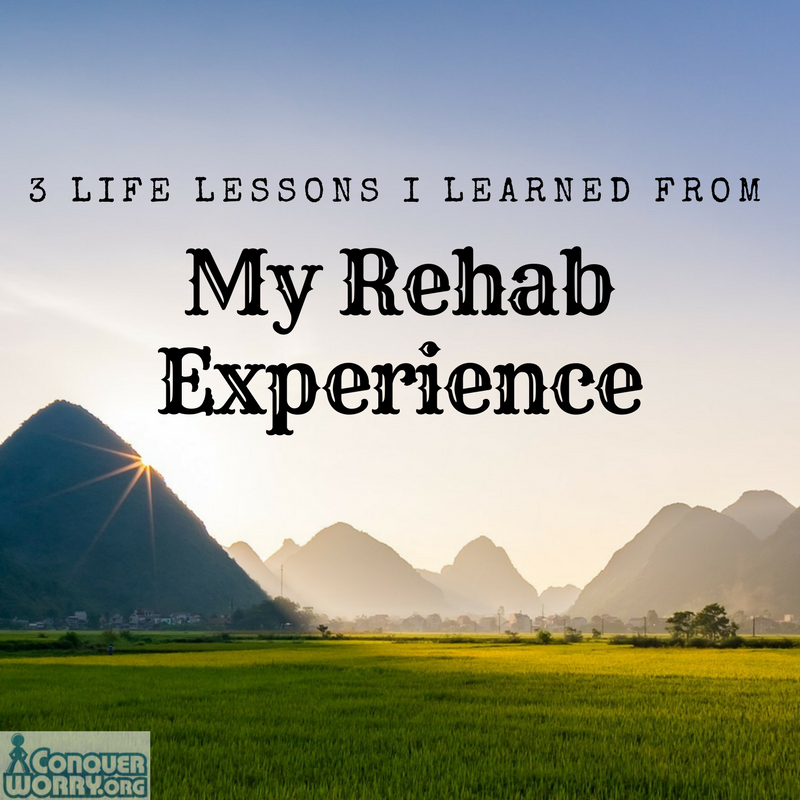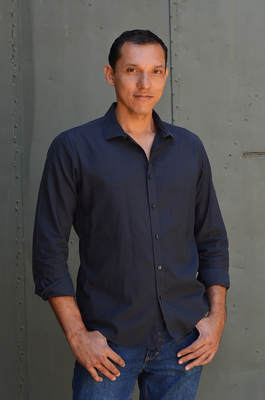|
Guest Post by Andy Macia Edit and Post Design by Christy Zigweid Image by Kenznguyen via Pixabay Design made in Canva Addiction is a cruel, controlling monster consuming both you and those you care about. I speak from personal experience because my addiction not only led me to doing time in prison but also to the decision where I was going to end my life. Fortunately it never happened because my mom knew something was wrong. She stopped me from making the biggest mistake of my life and got me the help I needed. I was admitted into rehab and it saved my life. I learned how to work through my self-hatred and guilt, and realized I had everything to live for. I got my head down, studied and tried to repair all the damage I did to myself and family. Now I co-own a successful digital marketing business, which gives me focus and the hope of a brighter future. My parents were so supportive during rehab and with their help and my sponsor, my recovery has been a positive one. In this article, I will explain what addiction is. I will also share three vital life lessons I discovered during my time in rehab, which I hope can give you or someone you love something to consider on the path to recovery. What is Addiction? Addiction is when someone becomes completely enslaved to a habit or substance that makes them psychologically and physically dependent. Addictions are not only restricted to drugs, alcohol and other substances but also to sex, work and even sleeping. Addictions are usually used as a coping mechanism for psychological factors such as depression, stress and even boredom. Some people are genetically predisposed to become addicts and can’t avoid it. There is always an underlying reason why people turn to their addictions for comfort. People can get confused when it comes to addiction. They often ask themselves is it a disease or a choice? There are complex biological causes behind addiction, which makes it similar to an illness. However, many only see it as a weakness in character and believe the addict chooses this way of life. Society tells us an addict is someone you cannot trust. Instead, we should fear and ignore the addict. The truth is, anyone from any social background, race, age, or economic status can become an addict. Addiction does not discriminate. Unfortunately, not everyone is well informed about addiction. They don’t understand why people suffer from it, which gives them the wrong impression of what addiction really is. This point leads me into the first important life lesson I learned during rehab about addiction recovery. 1. Ignore What Other People Think of You Shame is something that comes with being an addict. People don’t know how to handle someone when they find out they have an addiction. I remember some of my parent’s friends were disgusted when they found out I was an addict. They imagined me as some kind of “junkie” lowlife who was a waste of space to society. What I realized during rehab was that if I was going to have any chance at recovering at all I had to ignore what people thought. I had to be open and honest about what I was going through. I didn’t choose to be an addict. Rehab showed me addiction is more like an illness that can be treated and can have positive results. Don’t listen to people who say you are weak and addiction is your fault. Getting help from professionals who understand addiction is a disease and can be treated, will give you the best chance of positive recovery. 2. Addiction Can Be Beaten in More than One Way After I reached my lowest point, I was admitted into a rehab center which was the start of my journey to recovery. I learned how to manage my feelings of guilt and self-loathing, which were my triggers for alcohol and drug abuse. Being in the rehab center gave me the right start to understanding why I was an addict. However, being admitted to rehab centers does not work for everyone. Some rehab centers offer an Intensive Outpatient Program (IOP) which can give the addict more freedom to continue their everyday life while getting the help they need. There are also alternative therapies such as yoga and meditation, which focus on mindfulness to help the addict work through addiction and avoid relapse. 12-step are programs also a viable option. When I left the rehab center I joined my local AA (Alcoholics Anonymous) and NA (Narcotics Anonymous) groups and they became a space where I felt safe. My sponsor became vital to my recovery success. You can search for addiction meetings in your area to find a group close to you. It is important the person battling addiction finds a recovery treatment to suit them so they don’t feel too much pressure during recovery. Don’t just do what everyone else advises but research your options carefully; try them out to see what fits. 3. Learn to Accept Your Past and Forgive Yourself During my time in rehab I wrote letters to everyone I had hurt because of my addiction, including myself. The exercise really helped me begin to heal. The time I relapsed after coming of prison was caused by allowing my own self-hatred trigger my addiction. I hated the fact I couldn’t handle my own life and I was killing everyone around me. These things pushed me closer to the edge every time and led to the inevitable relapse. Thinking about how much you’ve messed up your life and how much you have hurt people will not help you recover. I learned I first had to accept my past and begin forgiving myself for my addiction. This would make it so I could start looking forward. It is vital for the addict to go through a healing process, beginning with themselves and only then can they heal relationships around them. Recovery from addiction takes time, patience and a whole lot of strength for both the addict and those suffering with them. It is more than worth it in the long run. I hope these three life lessons I have shared with you today can help give you hope and strength so you can fight addiction successfully. About the Author
0 Comments
|
Build Your Action Based Stress Reduction System
Popular PodcastsOlympian Suzy Favor Hamilton - From Fame to Prostitution to Advocacy
Hall of Fame Basketball Star Chamique Holdsclaw on Mental Resilience Diana Nightingale on her husband Earl Nightingale's Principles for Mental Health Success JoAnn Buttaro on Date Rape & PTSD Survival Story: Its Never Too Late Gabe Howard on BiPolar Advocacy Phil Fulmer on Teen Suicide Prison, Bipolar and Mania with Andy Behrman Columbia Univeristy's Dr. Rynn on OCD Archives
March 2018
Categories
All
|




 RSS Feed
RSS Feed





